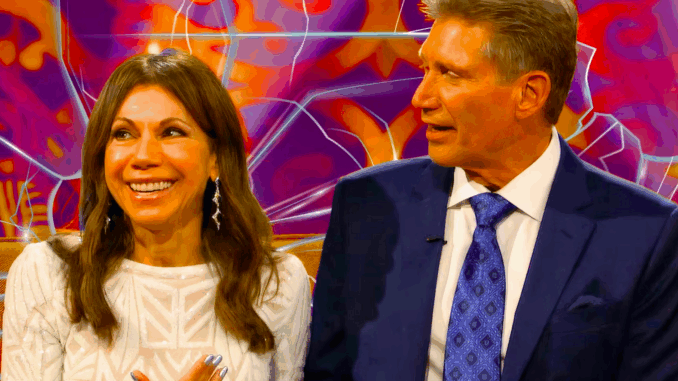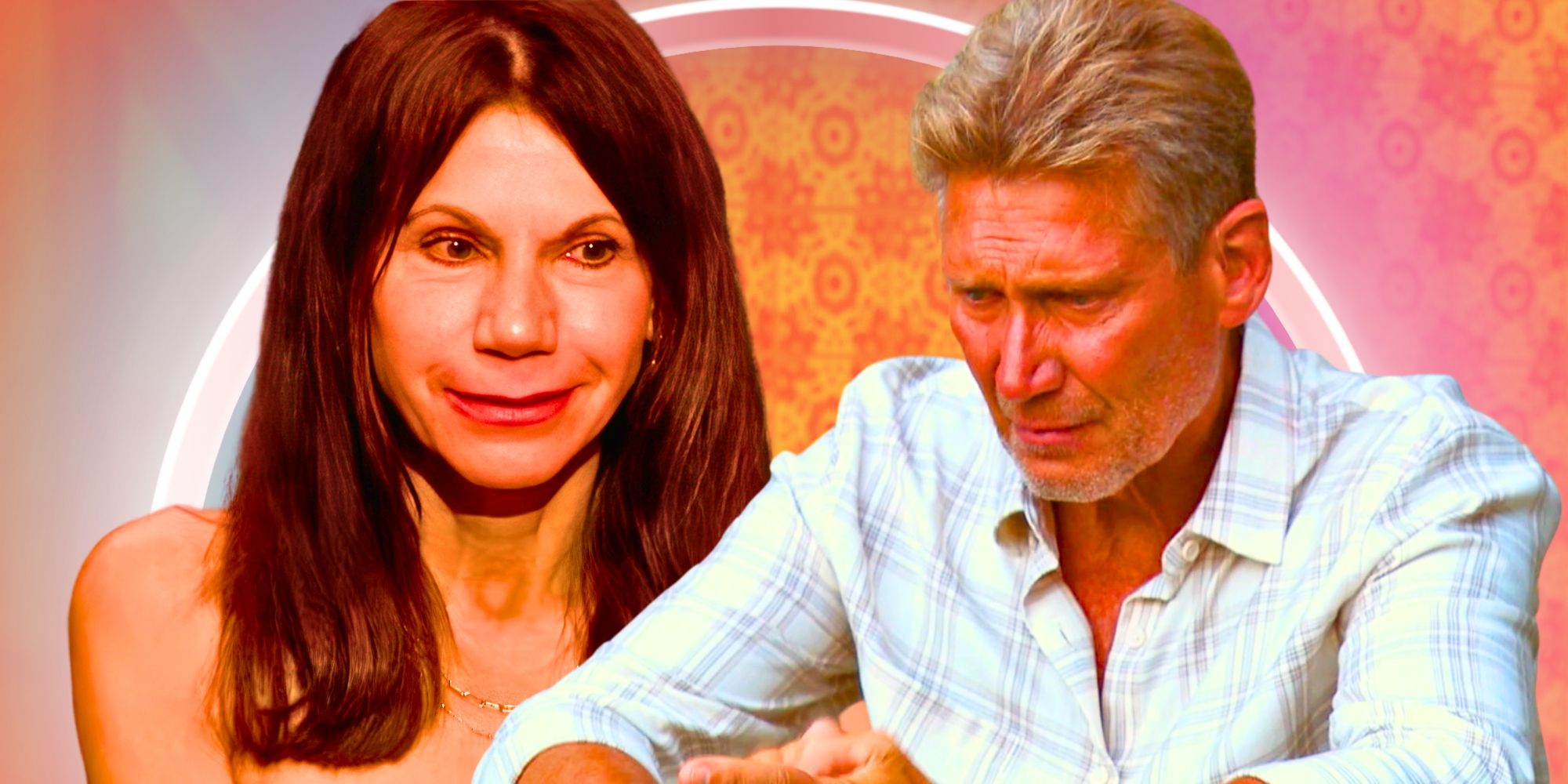
Dating at 70, but not defined by it
When The Golden Bachelor was first announced, many wondered whether a dating show centered around seniors could capture the attention of younger viewers. The answer came swiftly: not only did it capture attention, it transformed perceptions. Gerry Turner, the 72-year-old widower at the center of the show, wasn’t presented as someone past his prime. Instead, he embodied emotional depth, romantic sincerity, and a zest for life that made age seem like an asset, not a limitation.
From the opening episodes, the show made one thing clear—these contestants weren’t here to chase nostalgia. They were seeking new chapters, and they brought decades of perspective with them. Gone were the superficial checklists and youthful bravado common in other dating shows. Instead, conversations turned to life after loss, the importance of companionship, and the courage to love again.
Redefining chemistry and connection
The interactions on The Golden Bachelor felt refreshingly grounded. There were fewer dramatic showdowns and more heartfelt exchanges that unfolded slowly, built on real emotional compatibility. Chemistry, here, wasn’t a matter of physical attraction alone—it was found in mutual understanding and shared values.

Contestants discussed raising families, building careers, surviving heartbreak, and redefining themselves after retirement. The resulting bonds were layered and complex. In one memorable moment, Gerry shared a quiet walk with a contestant where they spoke about their grandchildren and the simple joys of morning coffee—an everyday scene that held more emotional weight than any rose ceremony could deliver.
Inspiration, not novelty
What makes The Golden Bachelor revolutionary is not just the age of its participants, but how it presents them. These men and women are not caricatures of aging—they are aspirational. They prove that personal growth, passion, and love don’t stop at 60 or 70; in fact, for many, they only deepen.
It would have been easy to market the show as a gimmick—“The Bachelor for old people”—but the producers resisted that temptation. Instead, they leaned into the authenticity of their cast. By doing so, they allowed the show to resonate across generations. Younger viewers saw their parents or grandparents in the contestants. Older viewers saw themselves represented—finally—in a genre that had long ignored them.
Ultimately, The Golden Bachelor redefined what romance on television could look like. It reminded audiences that love isn’t a race with a deadline. It’s a journey, and it’s never too late to begin again.